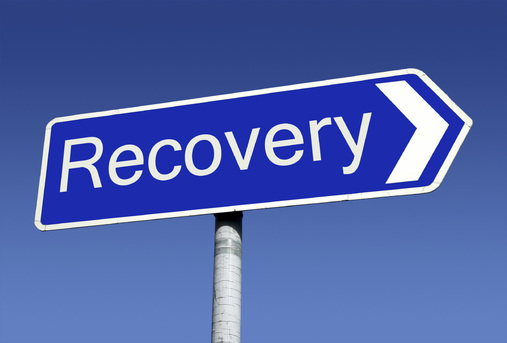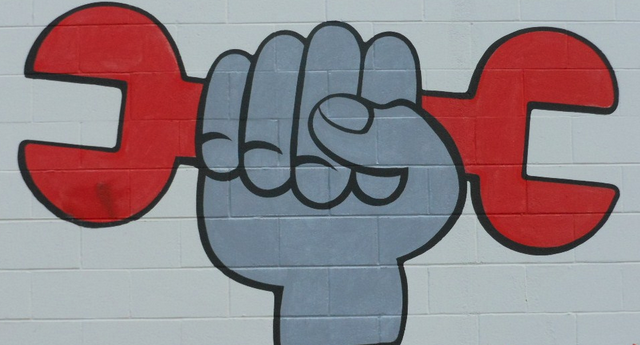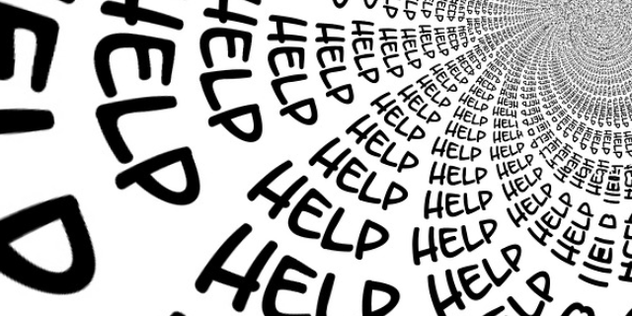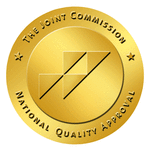Check out more fresh voices in The Fix's new blog section.
Please scroll down on the Ask an Expert page to see my answer which provides a practical application of these concepts.
We have been sold a bill of goods by Big Recovery—AA, 12-step rehab, Hollywood, even public health. This is the strange myth that people enter “recovery” when they become sober—that is, they cease using this or that substance, or perhaps all substances.
Let’s break this down. Of course, people can’t quit using all substances. Sobriety means quitting all intoxicating substances, or all of those plus some or all psychiatric, pain, and mood meds. This target is actually very hard to pin down. What if you are addicted to food, shopping, or sex? You can’t quit eating, shopping, or—at least for most people—sex (especially if that includes masturbation along with sex with other people).
Quitting things is not recovery. As Ilse Thompson and I say in Recover! Stop Thinking Like an Addict,
In the real world, sobriety means not being impaired. In 12-step speak, sobriety means never taking any consciousness-altering substance, ever. This fixation on abstinence requires that people who recover through the 12 steps decide that their lives revolve around an empty space. Not only is that undesirable, it’s unsustainable.You can’t commit your life to nothingness.
Recovery means developing a sustainable, value-driven, purposeful life—a life worth living, one that contributes to other people’s lives, that is productive, that is healthy. And, of course, it isn’t static—you don’t get there by stopping anything—only by continuing to live a meaningful, engaged life.
SAMSHA (The Substance Abuse and Mental Health Services Administration), after decades of 12-step newspeak, has redefined recovery in just this way:
Recovery is a process of change whereby individuals work to improve their own health and wellness and to live a meaningful life in a community of their choice while striving to achieve their full potential.
SAMHSA’s redefinition of recovery is built on four pillars: health, home, purpose, and community. It is an active, involved, self-directed model—the opposite of the passive model of people suffering from a disease and abstaining from this or that.
Where did SAMSHA come up with these ideas? They polled mental health experts—that is, those not steeped in the current recovery movement. That recovery movement is so out of step with thinking about mental health, yet so entitled, that it blithely proceeds with its notion that it has identified a non-existent disease that only it can see, and that only the “movement” knows the answer to, like the king proudly showing off his new clothes.
Such arrogance! And the American public has bought this hook, line, and sinker. “She’s no longer sober,” headlines gasped when 89-year-old comedienne/songstress Elaine Stritch started having a single cocktail a day as she prepared what would seem to be her last nightclub act. Depicted in the 2013 film, Shoot Me, Stritch suffers from diabetes, has memory gaps, and is—well—nearing 90. And she’s making a film and creating a show. But she’s not sober, not in recovery, according to the misbegotten 12-step calculus.
Here are the five ways in which true recovery (as we outline in Recover!) differs from the fake recovery bill of goods we have been sold:
In true recovery, you are:
- active, involved, self-directed—the opposite of the passive vision that you are suffering from a disease you can’t control;
- outward- and forward-looking—rather than focusing on yourself as a trauma victim (Maté) or biological aberration (Volkow);
- purpose driven—you are pursuing values and goals, rather than concentrating on trying not to do something;
- positive—you believe the best about yourself and your life; you don’t see yourself as a disabled or deficient human being;
- valuable—you believe that you and your life have a meaning to be fulfilled for the benefit of yourself and others and the world.
No. AA meetings, just like “sobriety,” are not recovery. You may go to these meetings and achieve recovery, but you must accomplish that in other ways.








 RSS Feed
RSS Feed
